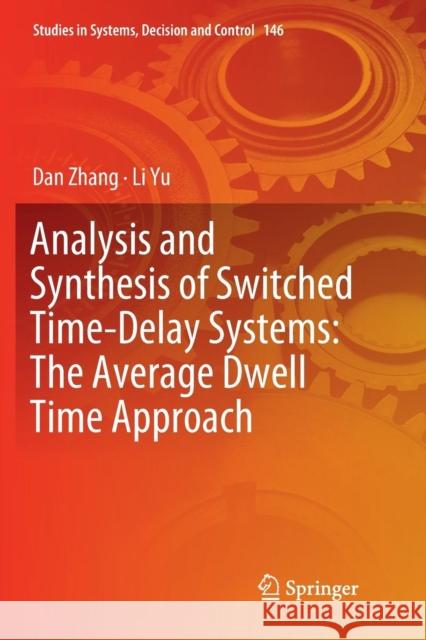Analysis and Synthesis of Switched Time-Delay Systems: The Average Dwell Time Approach » książka
topmenu
Analysis and Synthesis of Switched Time-Delay Systems: The Average Dwell Time Approach
ISBN-13: 9789811345746 / Angielski / Miękka / 2018 / 196 str.
Kategorie:
Kategorie BISAC:
Wydawca:
Springer
Seria wydawnicza:
Język:
Angielski
ISBN-13:
9789811345746
Rok wydania:
2018
Wydanie:
Softcover Repri
Numer serii:
000477984
Ilość stron:
196
Waga:
0.30 kg
Wymiary:
23.39 x 15.6 x 1.12
Oprawa:
Miękka
Wolumenów:
01
Dodatkowe informacje:
Wydanie ilustrowane











